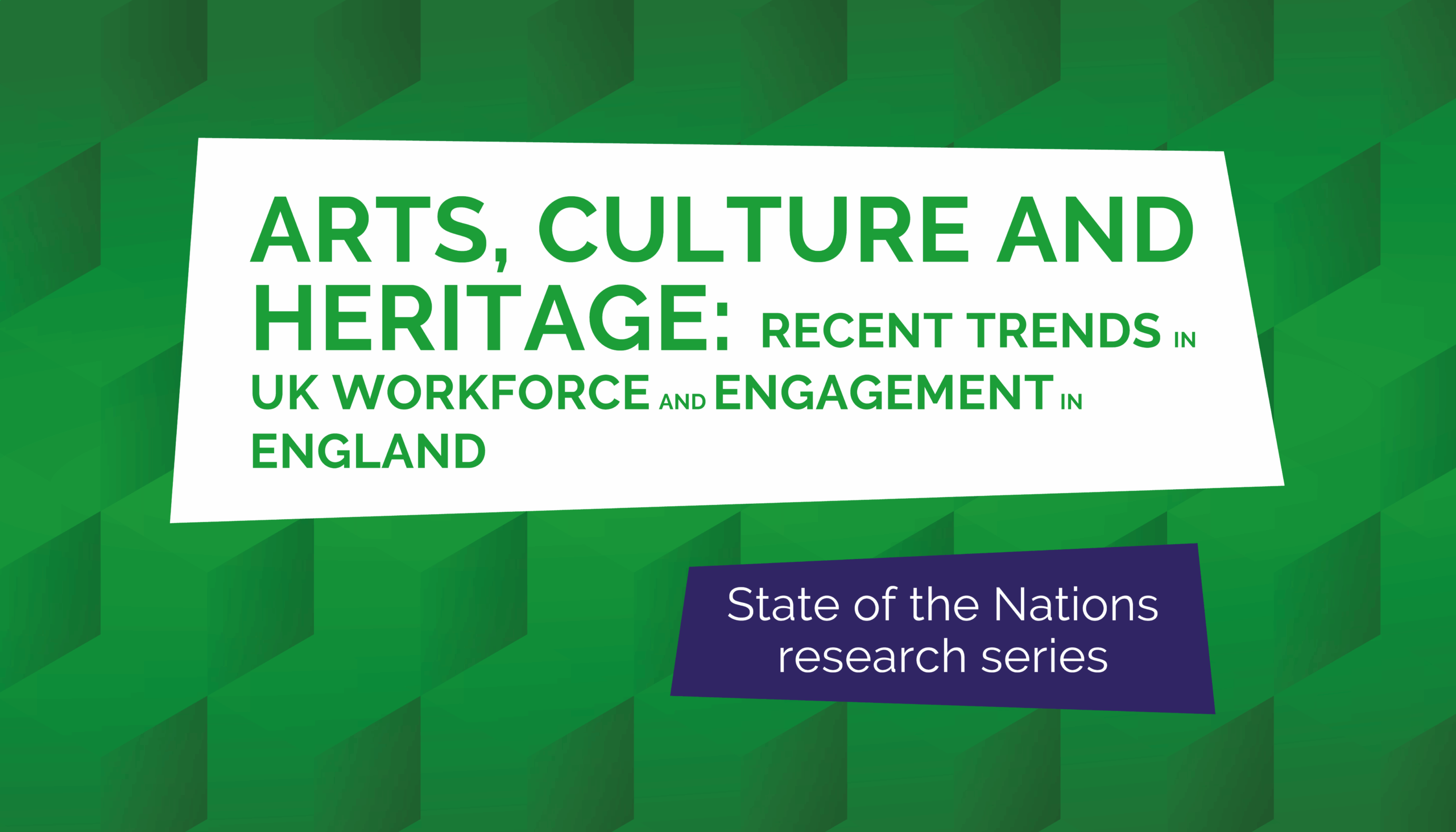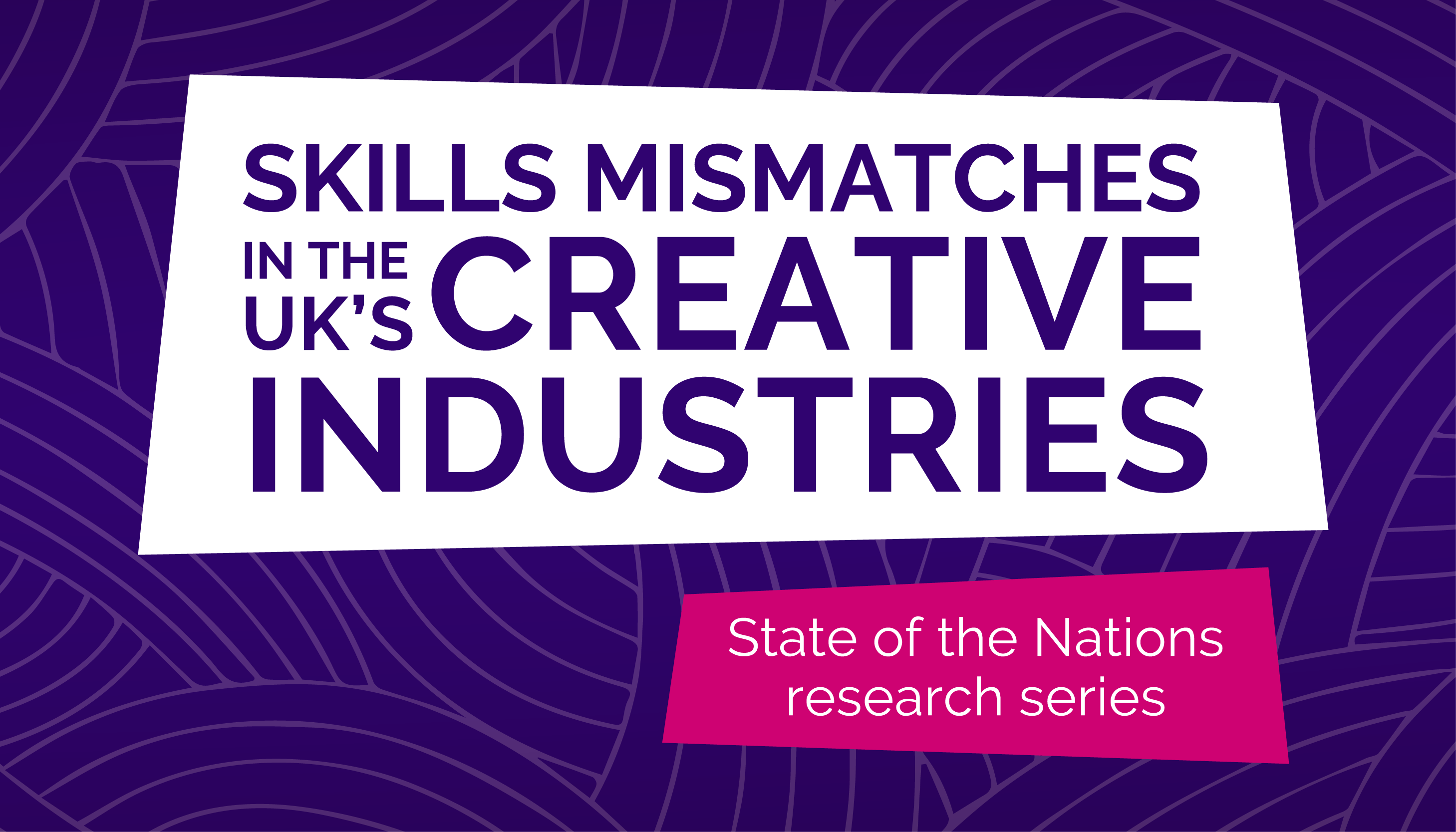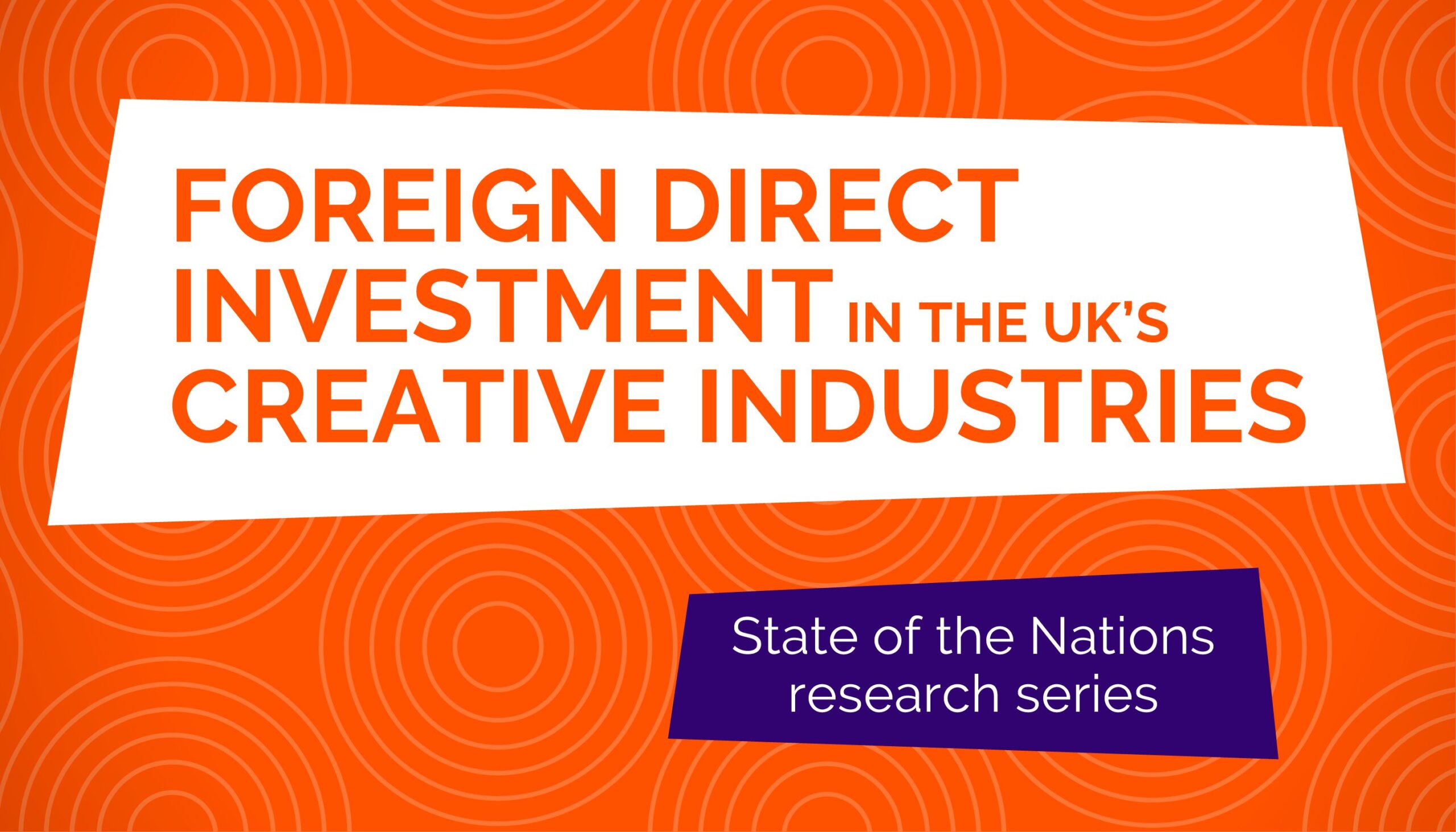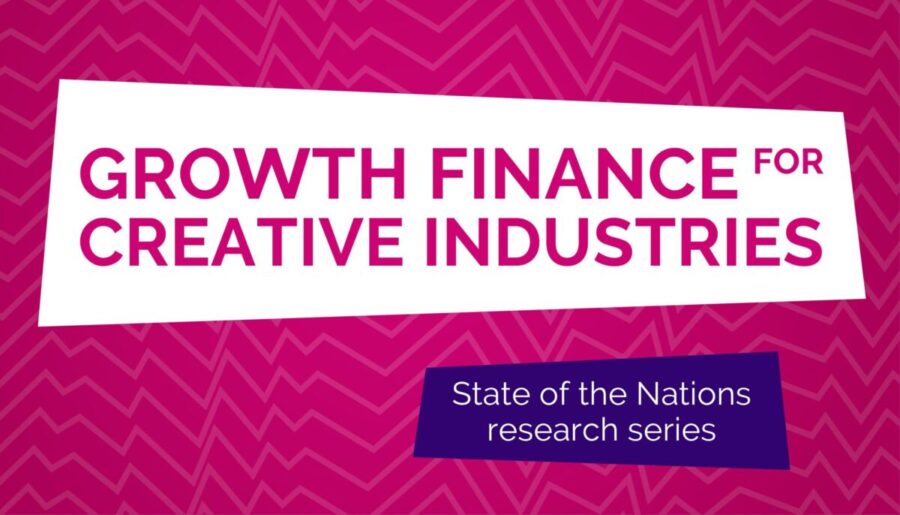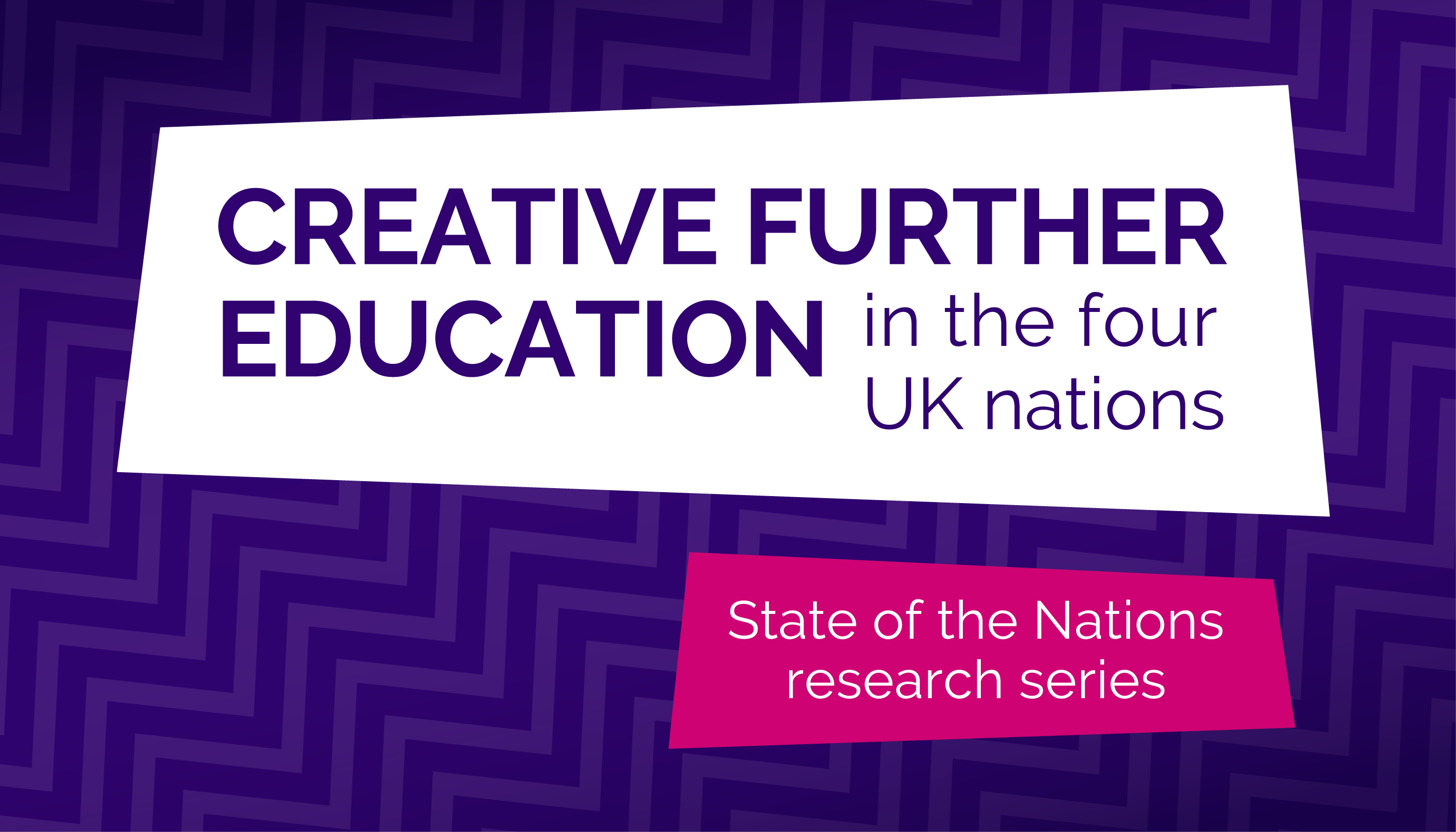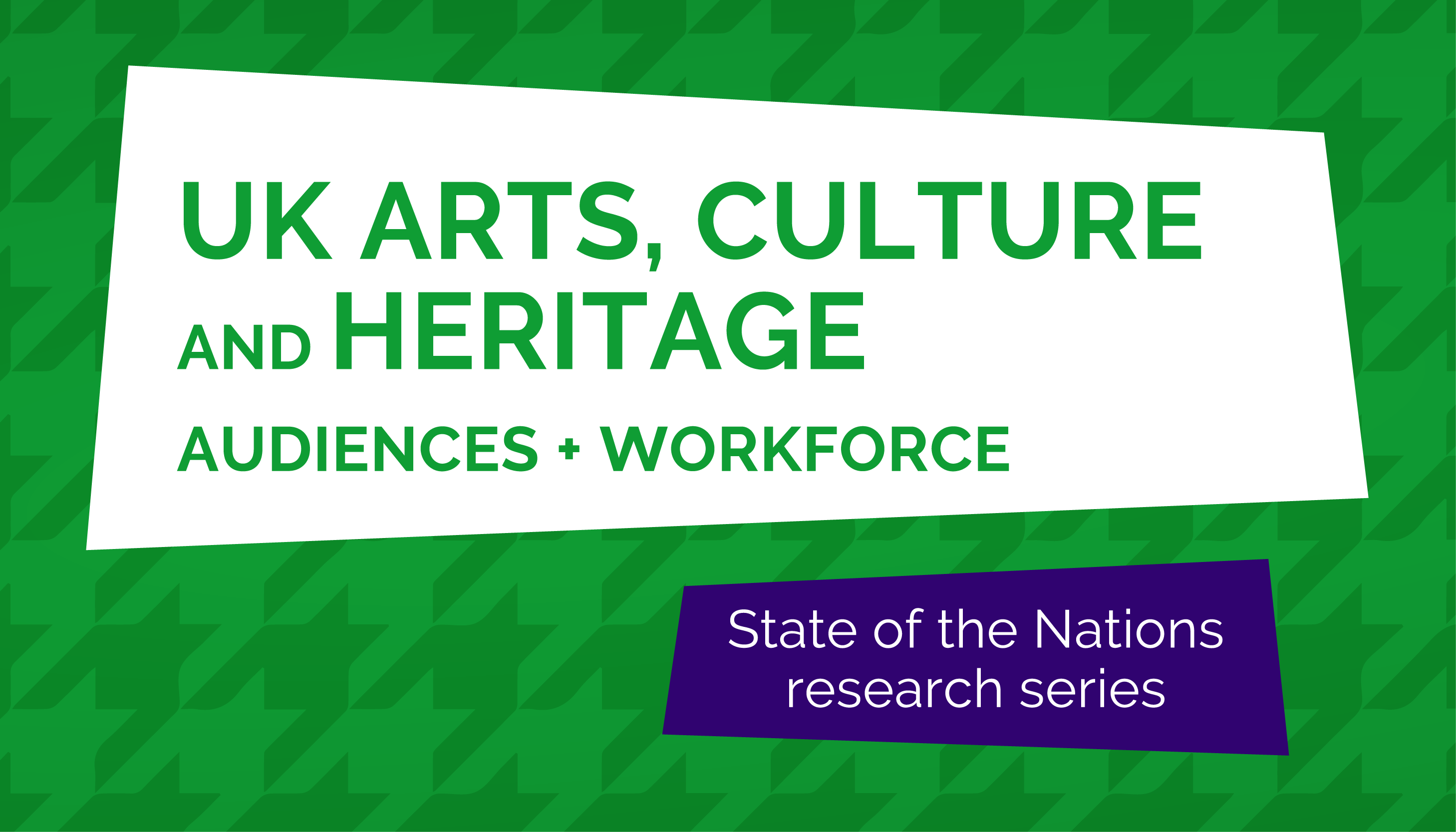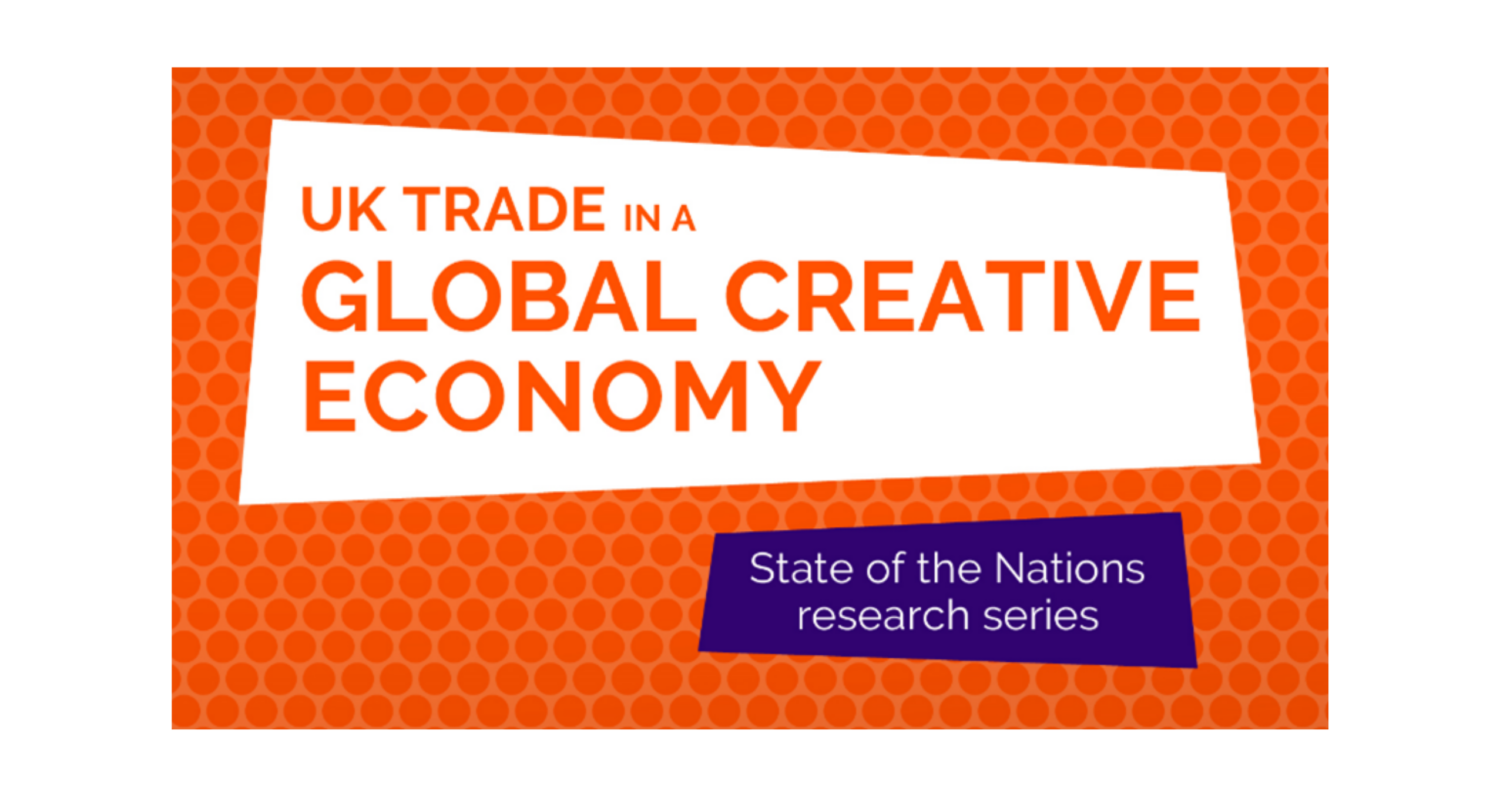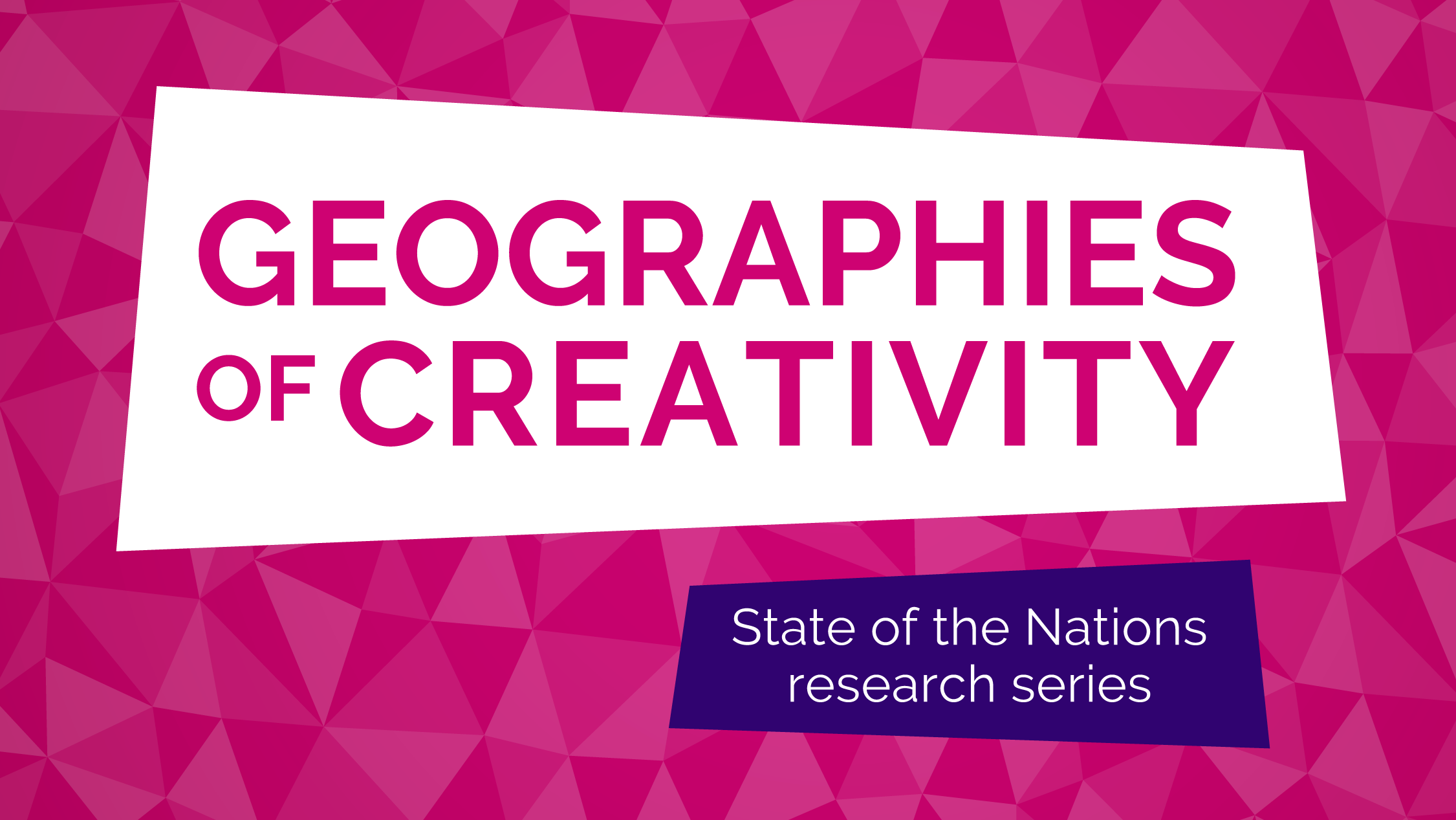First study from the PEC uses 35 million UK job adverts to look at creativity & the future workforce
13th November 2018 – A new study(1) of 35 million UK job adverts from 2013-2017 finds that employers require creativity in jobs that are particularly likely to grow in importance in the future workforce.
Looking at 39 transferable skills, creativity is consistently identified as the most significant predictor for the likelihood of growth for an occupation between now and 2030(2). Other transferable skills include communication skills, team building, and successfully meeting deadlines.
Creativity and the Future of Skills is the first piece of research from the Creative Industries Policy and Evidence Centre (PEC), and is written in partnership with Nesta researchers. The PEC is led by Nesta and is funded by the Arts & Humanities Research Council as part of the UK Government’s Industrial Strategy. The Centre works to support the growth of the UK’s creative industries through independent research and policy recommendations.
Alongside creativity, organisational and management skills are positively linked to the likelihood of the growth of an occupation. These skills are also found to be important complements to creativity, leaving creative jobs with even better prospects.
In contrast to creativity, and those skills mentioned above, requirements for other transferable skills – such as being detail-oriented, having customer service skills and basic computer skills – turn out to be negatively linked to an occupation’s prospects for growth.
This result may be partly explained by advances in technology and automation. For instance, the need to be a detail-oriented writer is becoming less important with the spell check function on a computer. Similarly, although demand for interpersonal skills are predicted to grow, many customer-facing jobs on the high street (such as a supermarket checkout operator) have been replaced by machines in recent years, or have gone online. Routine-intensive ‘basic computer skills’ are also often associated with jobs that can be automated.
The research also analyses how the word creativity is being used in the job market. It finds that there is a strong demand for ‘creativity’ in particular occupations. Although others have argued that the term is ubiquitous, ‘creativity’ is barely mentioned in the majority of adverts.
For instance, job adverts for Graphic designers are much more likely to mention creativity than adverts for both Management Consultants and Business Analysts (13 times more likely) and for Research and Development Managers (four times more likely). In this regard, ‘creativity’ isn’t a term like ‘communication skills’ – another transferable skill that the research shows is very commonly used in job adverts.
The research also reveals that demand for ‘creativity’ isn’t confined to occupations defined as ‘creative’ by the Department for Digital, Culture, Media and Sport (DCMS). Occupations for which employers frequently request ‘creativity’ but are not included in the DCMS’s Creative Occupations list include:
- Florists
- Print finishing and binding workers
- Bakers and flour confectioners
- Chefs
- Hairdressers and barbers
The research also identifies a group of occupations that look similar to more traditional ‘creative occupations’ owing to the technical skills that they require, but again which are not typically thought of by policymakers as creative. Examples of these include engineers, manufacturing and business development roles.
Hasan Bakhshi, Director, Creative Industries Policy and Evidence Centre said:
“The new Creative Industries Policy and Evidence Centre will be producing evidence on how to grow the creative industries at a time when the UK faces huge economic uncertainties. One of the challenges we face is how to upskill the workforce to meet the UK’s future needs. In this research, we analyse millions of job ads to work out which skills are needed for the jobs of the future. We find that of all transferable skills mentioned by employers in job ads, creativity is easily the most associated with high-growth occupations. What’s more, the Government needs to think broadly about the value of creativity: the research suggests it is important in jobs as wide-ranging as engineers, manufacturing and business development, not just in roles traditionally recognised as being creative.”
The full analysis, ‘Creativity and the future of skills’, can be viewed and downloaded here: https://www.pec.ac.uk/research-reports/creativity-and-the-future-of-skills
-Ends-
For media enquiries and interview requests please contact Anna Zabow on 07713 619077 or anna.zabow@nesta.org.uk
Notes to Editors
- The study is the first piece of research from the Creative Industries Policy and Evidence Centre, and is written in partnership with Nesta. In order to understand how the word ‘creativity’ is really being used in the job market, and whether its importance will lessen or grow, the research looks at 35 million UK job adverts from 2013-2017 inclusive, and the relative importance of the word ‘creative’ within them (both frequency of use within the adverts, and proportion of adverts using the word). The data are sourced from Burning Glass Technologies.
- To investigate the relationship between creative occupations and their future growth prospects, the analysis uses UK findings from Nesta, Pearson and The Oxford Martin School (2017), ‘The Future of Skills: Employment in 2030’. That report used a combination of machine learning techniques and expert judgement to predict which jobs are most and least likely to grow as a percentage of the workforce by 2030. We show that the prominence of ‘creativity’ in job adverts and the probability of future growth is positively correlated (Table 1 of the report).
- Hasan Bakhshi, Director, Creative Industries Policy and Evidence Centre, and Eliza Easton, Head of Policy Unit, Creative Industries Policy and Evidence Centre are available for interview.
About the Creative Industries Policy and Evidence Centre (the PEC)
The Creative Industries Policy and Evidence Centre (the PEC) works to support the growth of the UK’s creative industries through the production of independent and authoritative evidence and policy advice. Led by Nesta and funded by the Arts & Humanities Research Council as part of the UK Government’s Industrial Strategy, the Centre comprises a consortium of universities from across the UK (Birmingham; Cardiff; Edinburgh; Glasgow; Work Foundation at Lancaster University; LSE; Manchester; Newcastle; Sussex; Ulster). The PEC will work with a diverse range of industry partners including the Creative Industries Federation.
To find out more, visit pec.ac.uk or @CreativePEC
Related News and Press
Increasing inequality in arts and culture revealed by new research
Embargoed 00.01 Wednesday 7 May 2025 A new report from the Creative Industries Policy and Evidence C…
New Government-backed survey will provide unprecedent insight on what drives growth in the creative industries
In further indication of the increasing importance the Government is putting on the creative industr…
UK Government’s growth ambitions threatened by widening creative industries skills gap
Embargoed 00.01 GMT Wednesday 12 February 2025 The rapid growth of the UK’s creative industries has …
Invest at scale in place-based approaches to unleash potential of ‘Foreign Direct Investment’ in UK’s creative industries says new research
Embargoed 00.01 Wednesday 20 November 2024 GMT With the UK Government’s forthcoming industrial strat…
With the right financial support creative industries could fuel the Government’s growth mission and help tackle persistent regional inequality
A new report published today by the AHRC-funded Creative Industries Policy and Evidence Centre (Crea…
Access to Finance: launch of new research project
New research is being undertaken by Creative UK in partnership with the Creative Industries Policy a…
New research points to a looming creative economy skills shortage across the UK
New report shows ‘severe’ decline in creative further education participation Embargoed 17 July 00.0…
Press Release: New research, including – once in a decade data – provides comprehensive overview of audiences and workforce across arts, culture and heritage.
Embargoed 00.01 Wednesday 15 May 2024 (BST) For the first time, census data has been used to provide…
Press Release: UK’s creative industries are an export success story
New report shows creative strength despite Brexit and Covid Embargoed 00.01 Wednesday 20 March 2024,…
Introducing the Creative PEC’s Research Fellows Network
By Professor Hasan Bakhshi, Director Creative PEC and Professor Giorgio Fazio, Director of Research …
‘One Creative North’ plans finalised at summit ahead of Convention of the North
30 organisations meet to set out a bold new vision for the north of England’s creative industries To…
Press Release: Investing in ‘creative clusters’ is key to economic growth– and helping to level up the UK economy
A new report published today, provides fresh insight on where policy intervention could be best targ…

